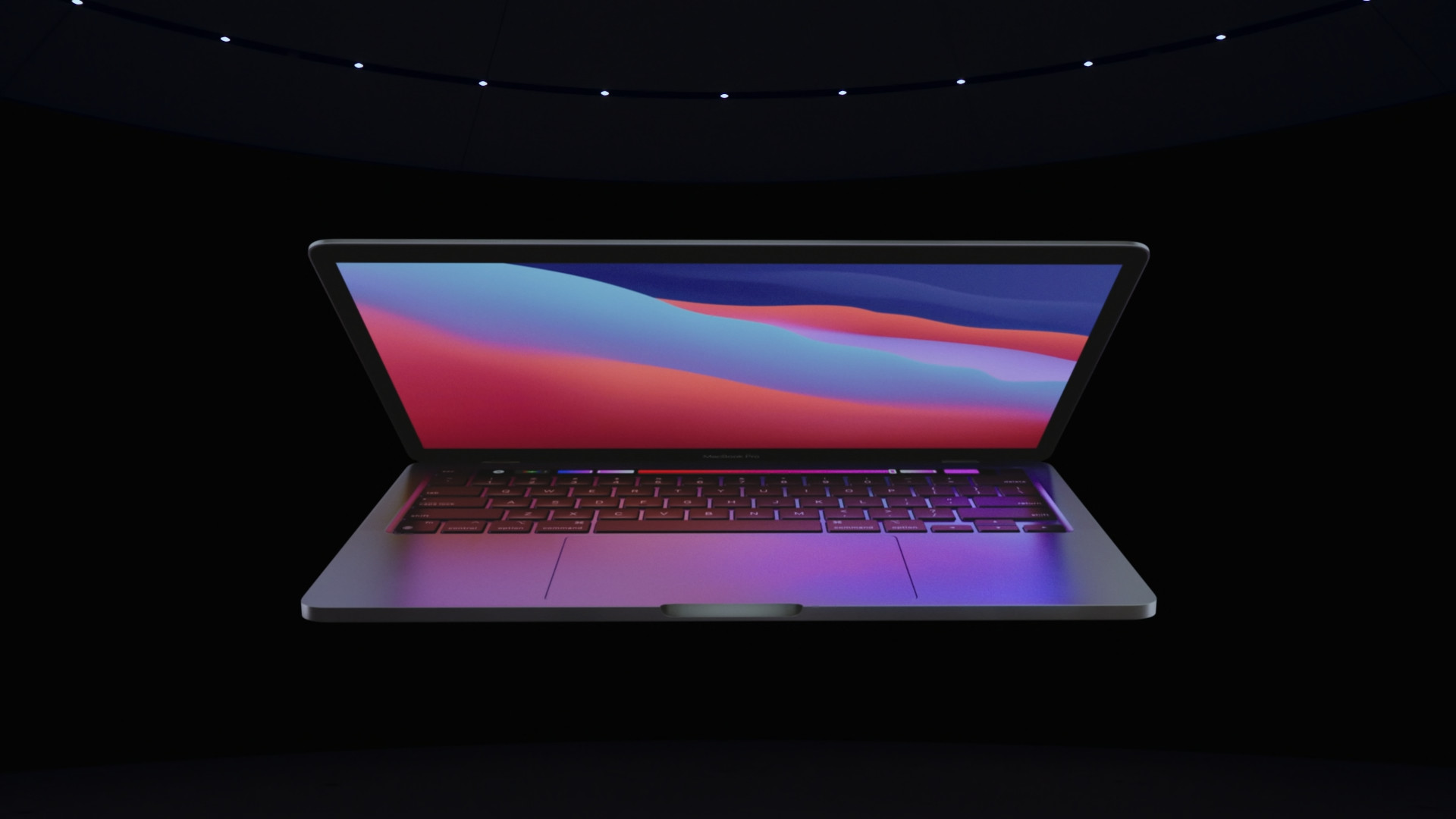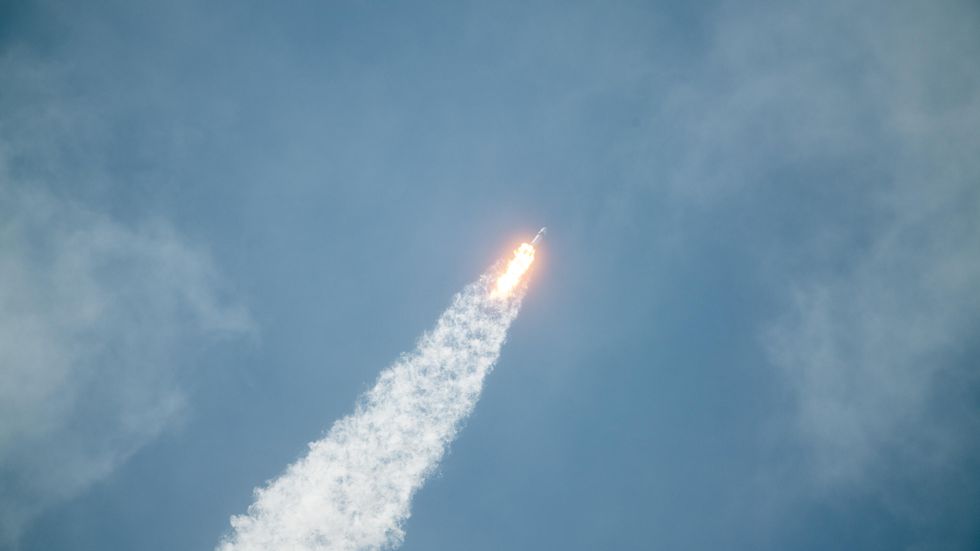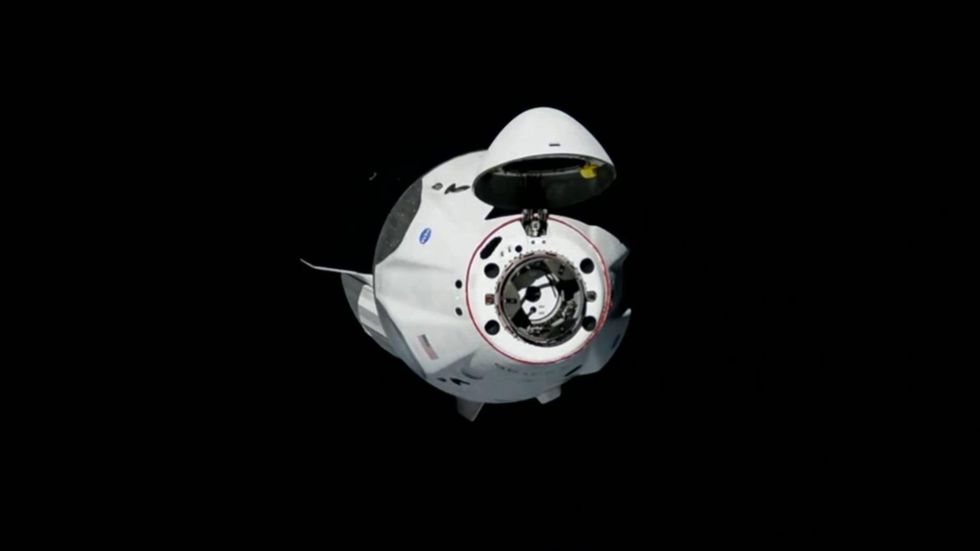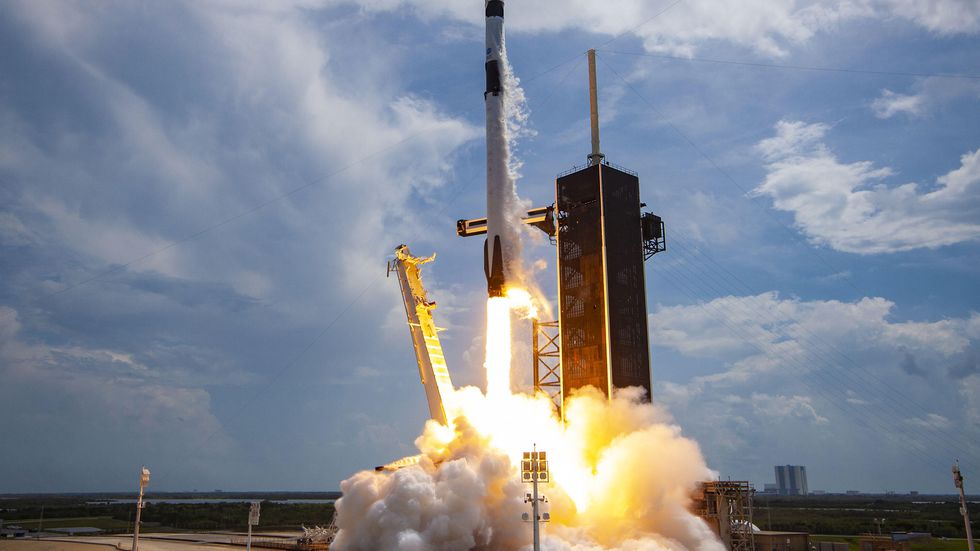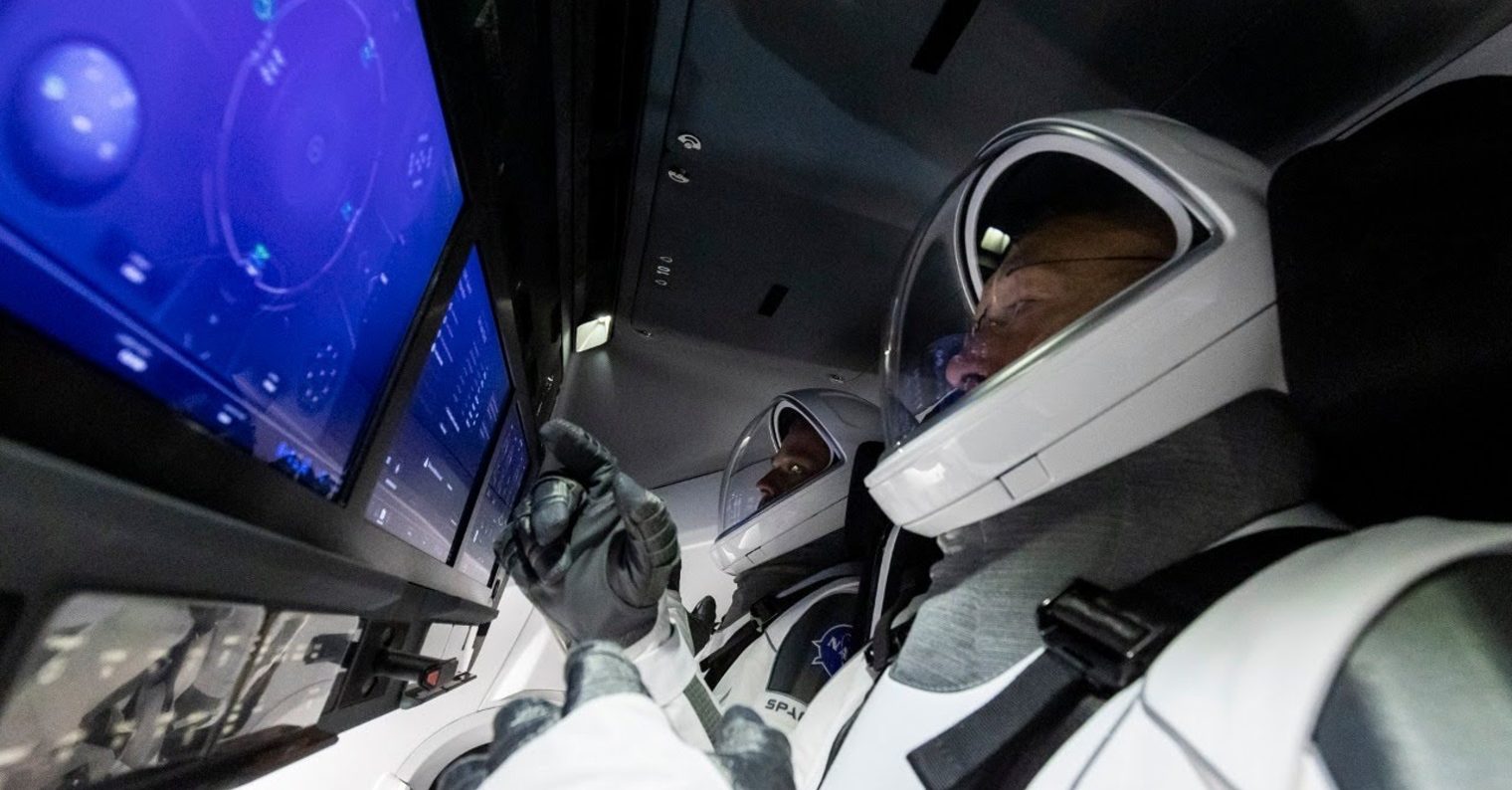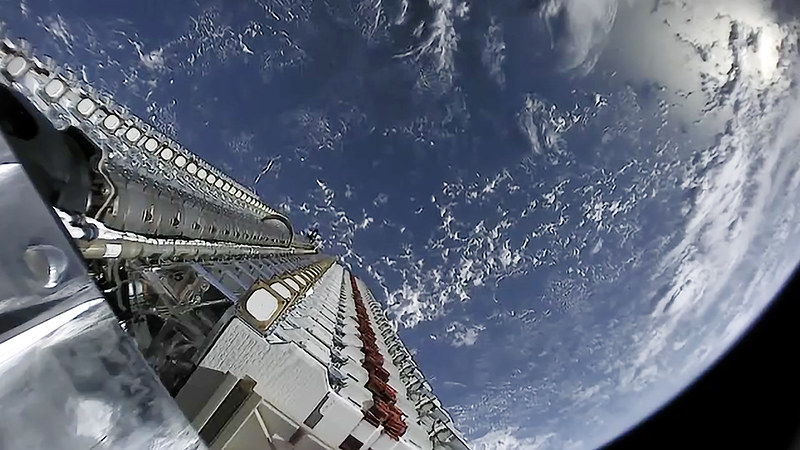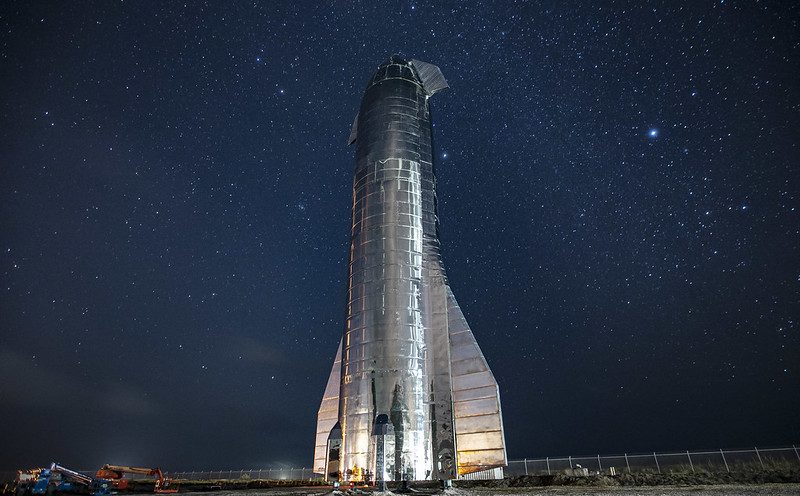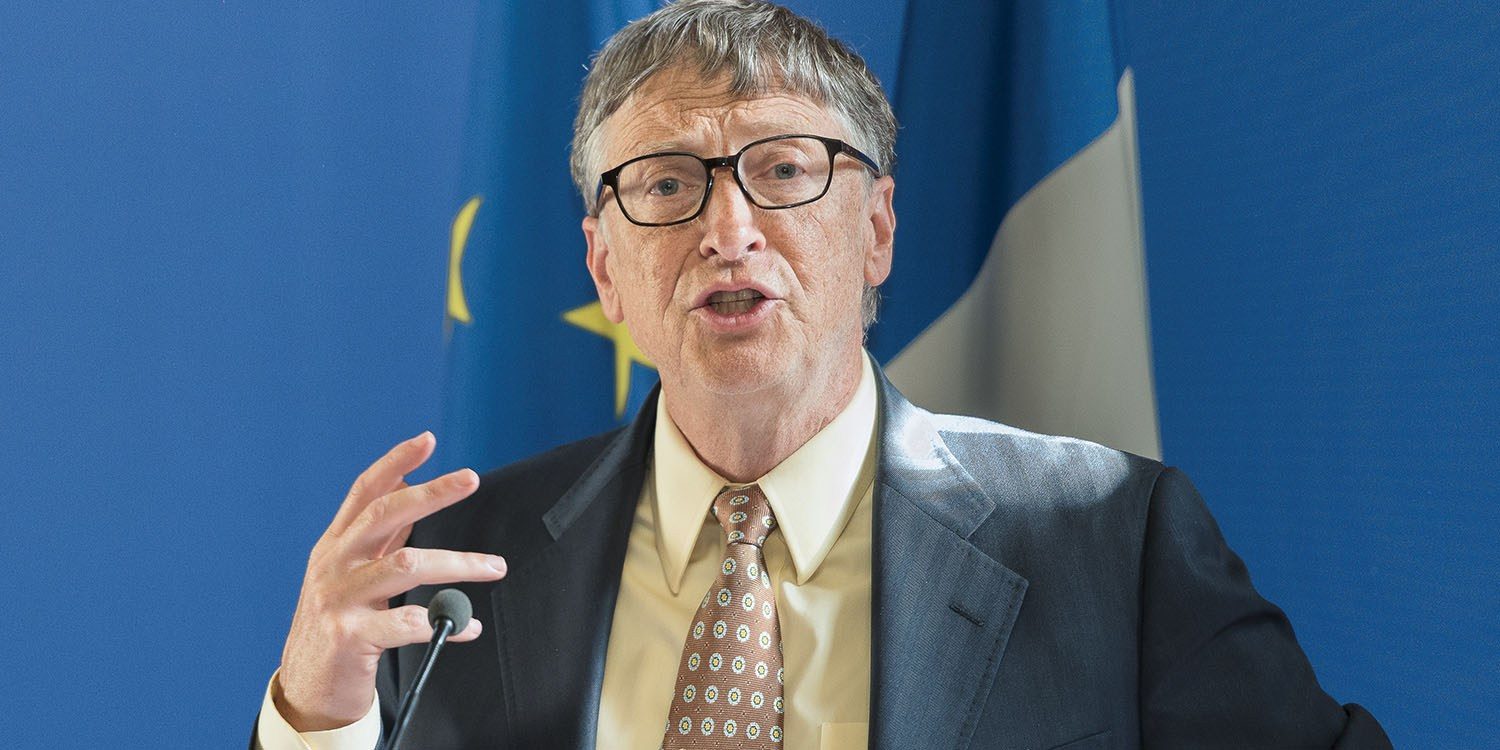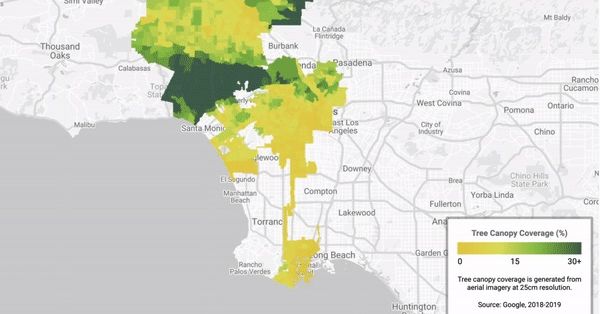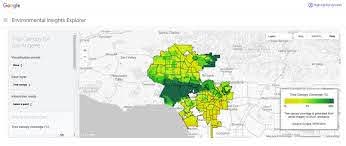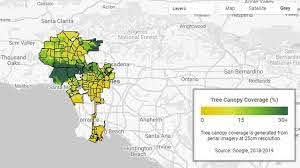The end of the week is slowly but surely approaching, however, this does not mean that the tide of news, which rushes at us from all sides, has somehow subsided. Although the technology sector went through an imaginary "cucumber season" within a few months, it has significantly caught up in recent weeks and, in addition to the spectacular Apple conference, we have seen, for example, a breakthrough by SpaceX or another invitation of CEOs to the carpet. Now we will again look into space, but not with the successful American company SpaceX, but at the head of its juice in the form of Rocket Lab. In the same way, Bill Gates' not very optimistic view of the future and the ambitious project of Google await us.
It could be interest you

Half-Life 2 and spaceflight? Nowadays, anything is possible
Who does not know the legendary game studio Valve, which is behind such breakthroughs as Half-Life or Portal. And it is the first mentioned series that will receive a special honor, as the American rocket manufacturer Rocket Lab, which has recently been coming to the forefront of the space race and competes with SpaceX, has promised to send the long-awaited Electron ship. That in itself would not be anything special, there are countless similar tests, but the difference is that an old familiar garden gnome can ride on one of the boosters of the rocket. We can recognize the cute little creature, named Dwarf Chompski, from the Half-Life series, specifically from the second episode of the second part, when we can discover him as an easter egg and attach him to one of the rockets.
Of course, this is not a pure joke for fun, as was the case with Elon Musk's famous car, but the dwarf will also serve good purposes. In addition to being created with the groundbreaking technique of 3D printing, just before his inevitable death in the Earth's atmosphere, Gabe Newell has the credit of giving $1 million to the New Zealand charity Starship Fund. One way or another, the dwarf won't survive the trip home, but that's something to be reckoned with. On the other hand, it is a kind gesture that not only stirred up the stagnant waters of the industry, but also contributed to a good cause in its own way.
It could be interest you

According to Bill Gates, trade routes will almost disappear. Even after the pandemic subsides
Billionaire and Microsoft founder Bill Gates is not as well known for making bold claims as other philanthropists and CEOs. He usually considers every step carefully, rarely just throws something into the air without thinking, and most of his information is backed up by some research. However, now, after a long time, Bill Gates has spoken with a rather unflattering message, which will save companies around the world billions of dollars, but will partially cut off business interpersonal contact. In his opinion, classic trade routes, which have been replaced by modern communication tools, will slowly disappear, even after the pandemic subsides.
Of course, this does not mean that it will disappear completely, since in many cases personal cooperation is unavoidable, but according to Gates, the number of such trips can be reduced by up to 50%. And not only because of the epidemic, but also because of the financial demands, the very logic of the matter, and above all, the companies have somehow found out that paying a considerable amount for unnecessary business trips is simply not worth it. The same will happen to employees in offices, their number could drop by 30%. In this way, corporations will keep especially management and important employees "on hand", which would be difficult to chase in the case of a home office. But the rest will be able to choose a kind of hybrid model, where employees spend part of their time in the office, and the other part at home. After all, Microsoft has been working on something similar for a long time.
Green Google massively promotes tree planting in big cities. An ambitious project can help
The multinational giant Google is quite ambitious in many ways and often tries to come up with groundbreaking projects that will somehow radically change the way people live. Leaving aside the technological side where Google excels, the environment itself also plays an important role. This is precisely what is rapidly deteriorating in many parts of North America due to the climate crisis, and the "concrete jungles" in the form of large cities do not contribute much to this phenomenon. Cities are overheating, which could cause significant problems in the future. However, Google has a solution and has launched a new division called the Tree Canopy Lab, which aims to compare aerial photos, run them through machine learning and determine where trees would need to be planted.
The study, or rather a realistically applicable project, has been running for some time, specifically in Los Angeles, and in just that short time, Google discovered that 50% of the city's population lives in an area with less than 10% flora coverage. Of these, 44% of the population lives in a place that could potentially face an extreme rise in temperatures. One way or another, the remarkable project is acknowledged by the mayor of the city, who admitted that the city needs to be cooled and planted as many trees as possible. So we can only hope that Google will not stay only with the theoretical model and will try to put at least some of these things into practice in the future, either by planting trees or by inventing alternative solutions.
It could be interest you
